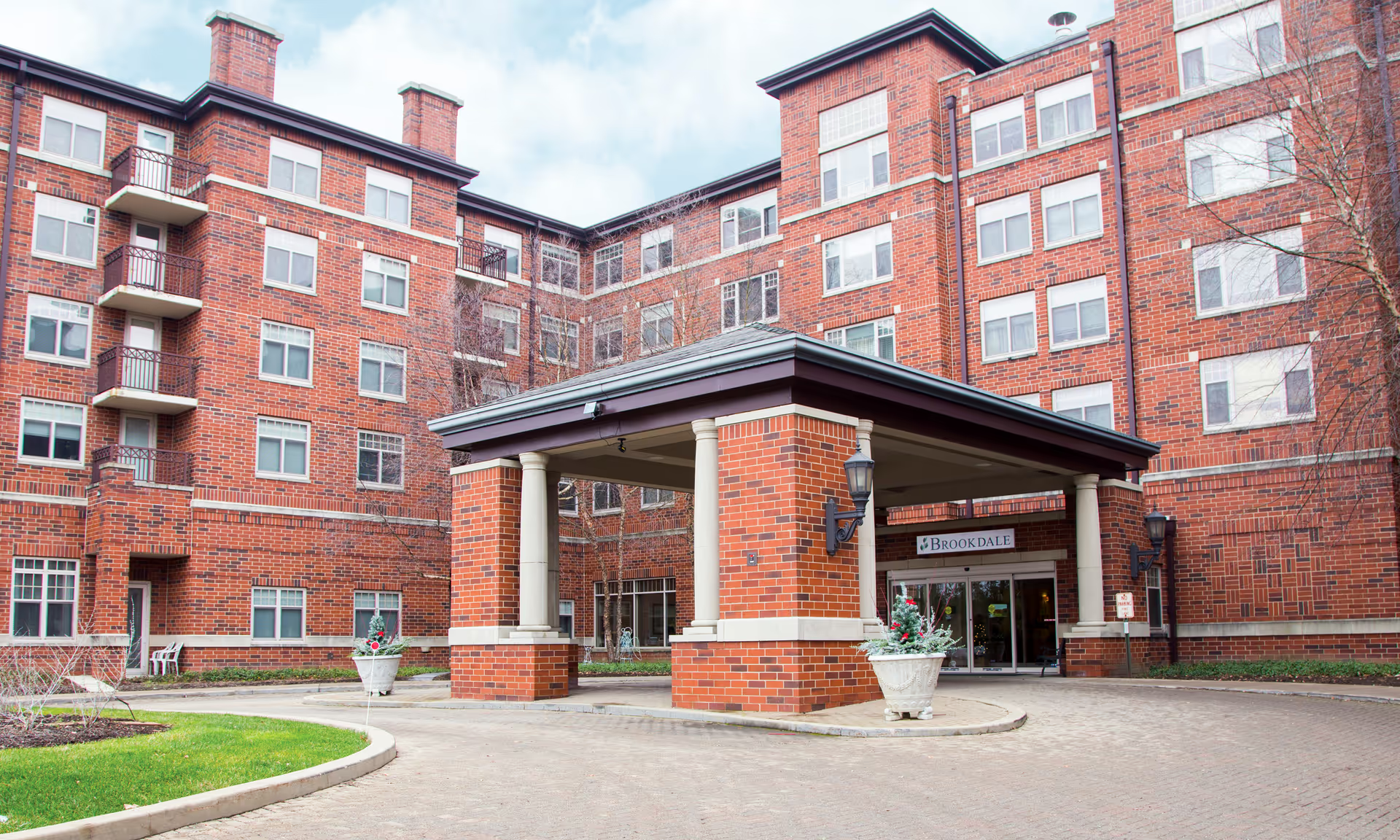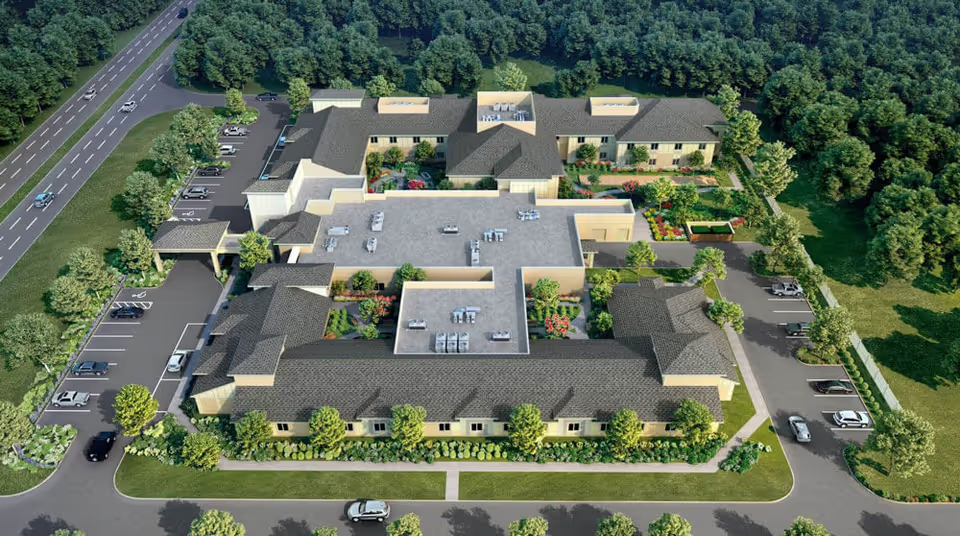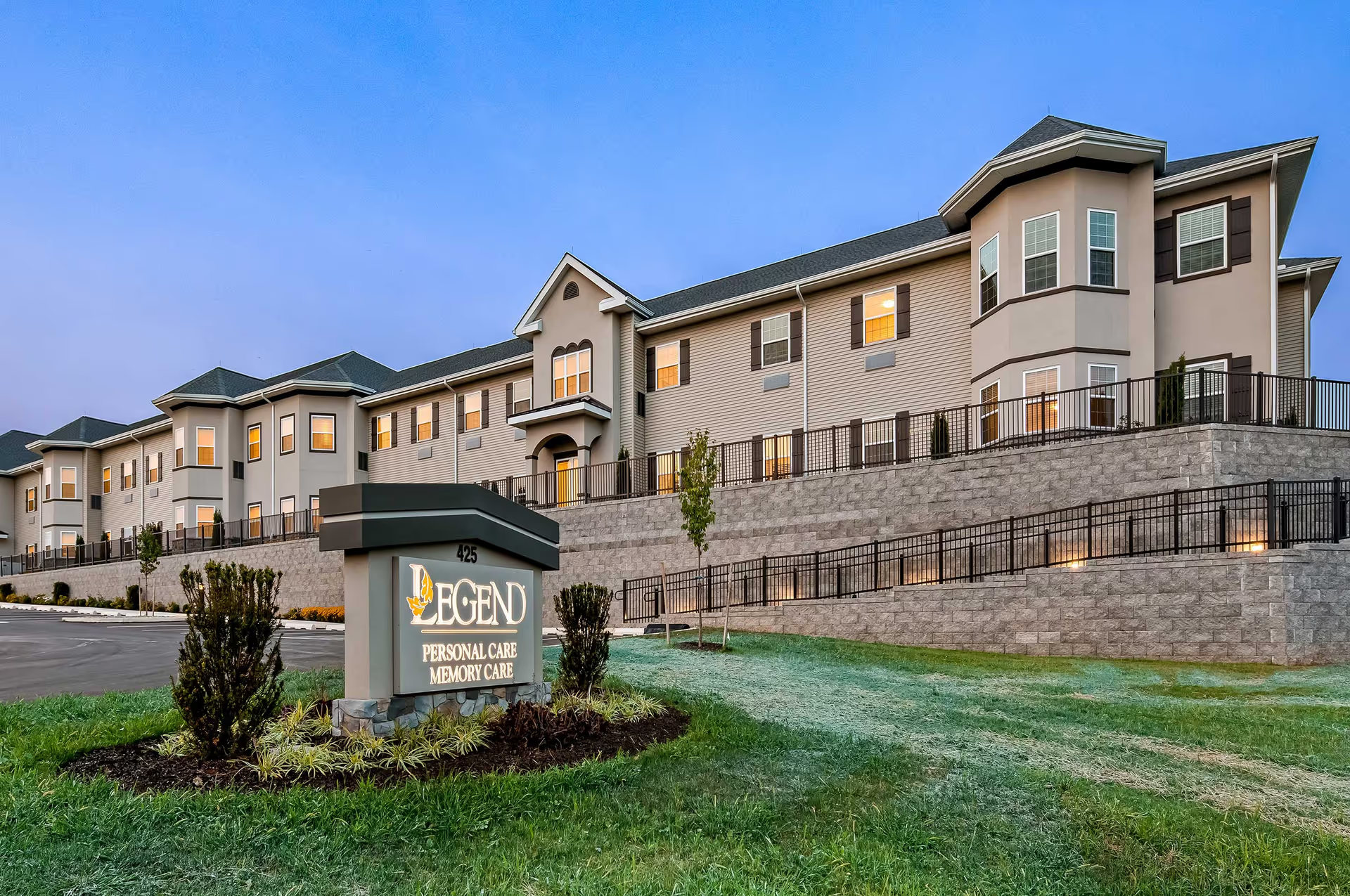Overall impression The reviews of Elizabethan Gardens Assisted paint a mixed but generally positive picture with two clear themes: strong, compassionate caregiving and concerns about the physical plant and staffing conditions. Multiple reviewers emphasize exceptionally attentive, pleasant staff and high-quality daily care; these strengths are often framed personally (e.g., long-term residents and named caregivers). At the same time, several reviewers raise persistent worries about low wages for staff, limited staffing levels, and an older, sometimes institutional-feeling facility with small rooms and dated furnishings.
Care quality and staff Care quality is the most consistently praised element. Reviewers repeatedly state that caregivers "truly care about residents," call out specific employees by name (Miss Lou, Miss Sheila), and describe daily care as extraordinary. At least one family reports a decade of positive experience, and expressions of gratitude ("dad loved The Gardens") reflect lasting satisfaction. These comments suggest strong caregiver-resident relationships and reliable day-to-day support.
However, reviews also highlight issues around compensation and staffing that could affect sustainability of care quality. Several summaries explicitly call out low staff wages and dissatisfaction with pay, and one raises concern about core care tasks being performed by underpaid staff. Limited staffing levels were also mentioned, which could increase workload and turnover risk. While current caregiving is described as excellent, these labor concerns are important contextual risks to monitor because they can erode continuity and quality over time.
Facilities and physical environment Descriptions of the facility are mixed and sometimes contradictory. On the positive side, multiple reviewers describe the building as "extremely clean," "nice, clean, comfortable," and "adequate," indicating good housekeeping and a generally livable environment. Conversely, several other summaries portray the building as older, outdated, and even "institutionalized," with adjectives such as "creepy," "dark," and "dreary," and note old furniture. Specific physical limitations mentioned include small rooms and lack of private bathrooms for some residents.
There is also inconsistency in room arrangements across reviews: some people note shared rooms and no private bathrooms, while others describe private rooms and an adequate facility. This suggests variable room configurations or different experiences by unit or over time. Prospective residents and families should verify current room types, bathroom arrangements, and recent renovations when assessing the facility.
Activities, daily life, and other services Several reviewers report enjoying activities and feeling well cared for, indicating that social engagement and daily programming are present and appreciated by residents. Beyond that, reviews are largely silent on specific services such as dining, therapy programs, medical oversight, or medication management; dining in particular is not mentioned in the provided summaries. The lack of commentary on these areas means prospective families should request details and assessments directly from the facility during tours.
Management and recommendations Management is described positively in at least one review (owner friendly), which can be a sign of accessible leadership. Nevertheless, the recurring calls for better compensation practices for staff are notable and suggest an area where management could make high-impact improvements. Addressing wages and staffing levels would help protect the strong caregiving culture noted by reviewers. Additionally, investments in the physical environment (updating furnishings, improving lighting and decor, and addressing bathroom privacy) would reduce the perception of an institutional or dreary atmosphere and resolve the mixed reports about room quality.
Bottom line Elizabethan Gardens Assisted consistently earns praise for compassionate, attentive caregivers, cleanliness, and activities that residents enjoy. Those strong human factors are the facility's chief assets. At the same time, potential residents and families should weigh concerns about an older, sometimes institutional-feeling building, variable room configurations (shared versus private), small rooms and bathroom access, and staff compensation/staffing levels. For decision-making: verify current room options and bathroom arrangements, ask about recent or planned facility updates, and inquire specifically about staffing ratios and wage/retention initiatives to ensure the positive caregiving environment described in reviews can be sustained.







